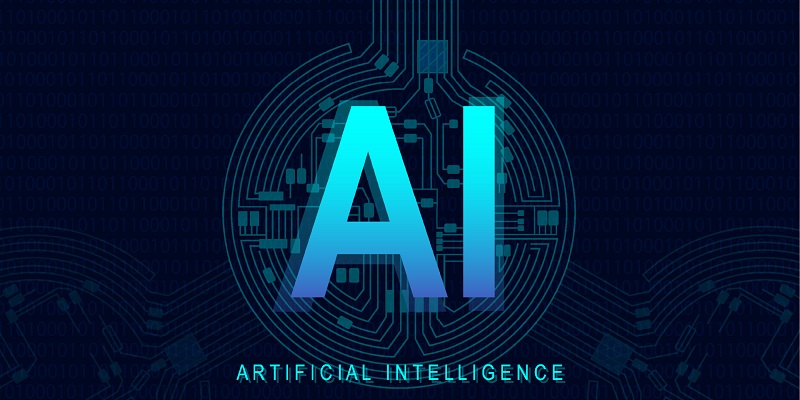Thanks to AI, we’re on the cusp of a paradigm shift in how video games are made and who makes them. In this article, we will explore the role of generative AI in game development and how it is reshaping the landscape of content creation. From accessing 3D content with ease to addressing the challenges of self-expression, AI is powering the evolution of the gaming industry.
Accessing and Creating 3D Content with Generative AI
With generative AI, game makers can now access 3D content for their games with relative ease. This breakthrough technology enables developers to create vast amounts of unique items quickly and affordably. By leveraging AI algorithms, game assets can be generated on-demand, eliminating the need for time-consuming manual creation or expensive outsourcing.
Training AI Models for Style-Specific Asset Generation
Training AI models on vast amounts of existing game assets means they can learn to generate assets that fit a particular style or genre. Whether it’s the aesthetics of a fantasy RPG or the futuristic settings of a sci-fi adventure, AI-powered systems can generate assets that align with the overall vision of the game. This not only saves time and resources but also opens up 3D content creation to a wider audience of developers.
Efficiency and Accessibility of AI-Generated Assets
The ability to quickly and efficiently generate assets without manual creation or outsourcing has revolutionized game development. Smaller teams and individuals can now compete with larger AAA studios in terms of the engagement and enjoyment their experiences deliver. AI-powered platforms and no-code editing tools are enabling developers to create and edit animated 3D content in seconds, extending valuable skill sets to millions of aspiring game developers.
Tackling the Challenge of Self-Expression in Gaming
Limited self-expression has long been a challenge in gaming and metaverse worlds. However, emerging technologies powered by AI are reshaping this landscape. As gamers demand more immersive experiences and ways to express themselves, publishers and platforms are working hard to keep up. By leveraging generative AI systems, game developers can offer players a broader range of customization options, allowing them to truly embody their virtual identities.
Meeting the demands for immersive experiences
The advent of AI-powered content creation has led to more immersive experiences in the gaming industry. From realistic graphics to dynamic environments, AI algorithms are driving the development of cutting-edge gaming technologies. As AI continues to evolve, game developers are able to create stunning visuals and captivating narratives, captivating players and delivering unforgettable experiences.
The Democratization of 3D Content Creation
AI-powered platforms and no-code editing tools are democratizing 3D content creation. Previously, this skill set was limited to a few thousand trained artists and animators. However, with AI technology, millions of smaller studios and individuals now have access to the tools and resources needed to create high-quality 3D content. This shift is empowering a new generation of developers, fostering creativity, and driving innovation in the gaming industry.
The Rise of Scalable User-Generated Content
There’s a fundamental shift happening in who makes games thanks to scalable user-generated content (UGC). This revolution has created a virtuous cycle, where everyone becomes a creator, while providing an endless stream of fresh UGC for developers, publishers, and platforms. As users are empowered to create their own content and share it with the gaming community, the possibilities for unique and personalized gaming experiences are boundless.
The integration of AI technology in game development is transforming how video games are made and who can make them. From the accessibility of 3D content creation to addressing the challenges of self-expression, AI-powered systems are revolutionizing the gaming industry. As we move forward, the boundary between developers and players continues to blur, ushering in an exciting era of limitless creativity and immersive gaming experiences.

